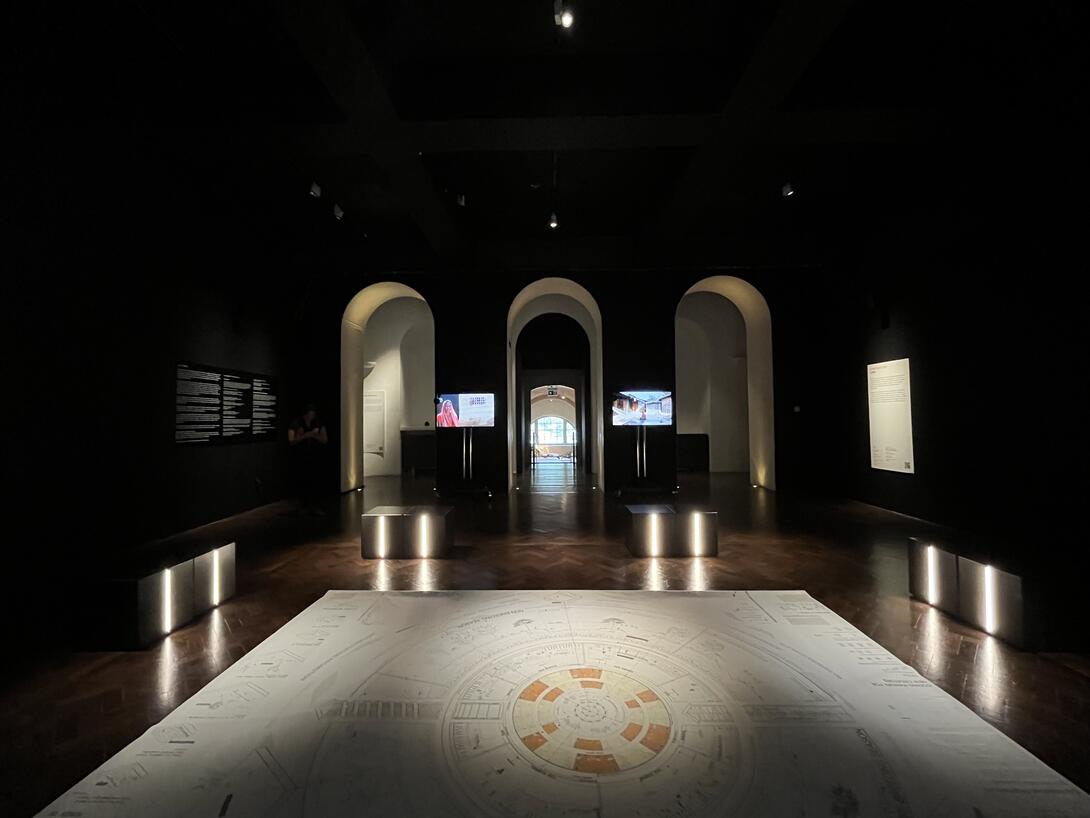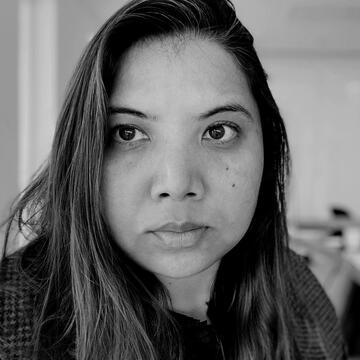PJ Dick Innovation Fund Project Grant: Sharing the Entangled Stories of the Anthropocene

Sharing the Entangled Stories of the Anthropocene: Multispecies Conflicts/Multispecies Futures Globally and Locally
Priyanka Bista, Joseph F. Thomas Visiting Professor, Carnegie Mellon Architecture
In collaboration with: Ankitha Vasudev, Alumni (B.Arch ‘23), Carnegie Mellon Architecture
This project emerges from the teaching and research work of the project lead over the last two years. This application is for the dissemination/sharing of stories globally as a storybook of methodologies, and locally as a series of stories shared as an exhibit.
Sharing stories of multispecies design methodologies globally: The first output will be an illustrated storybook of design methodologies that emerged from students' work in the Spring 2023 Advanced Synthesis Option Studio (ASOS). Particularly grounded in the story of two fishing communities, the storybook “Malaha Fishing Cats and the Malaha Fisherfolks” by Ankitha Vasudev begins to unpack and understand the conflicted and entangled lives of the two stakeholders with an effort to find resolutions and solutions towards multispecies futures.
Sharing multispecies stories in Koshi Tappu and Kathmandu: The second output will bring the work the project lead has been doing with CMU students back to the field to share some of the relevant stories. In addition, over the last two years, the project lead has also been working with the local community while documenting the complex, entangled and intertwined stories. This gathering will be a moment to share not only the work of students but also the communities themselves in either October/December 2024 (schedule will be based on the weather and community availability).
Regarding the three challenges, this work intersects climate change issues (ecological challenges) with social justice challenges. The Anthropocene is predominantly known as an era witnessing the greatest biodiversity loss. However, it is also an era that is negatively impacting and violently excluding the most marginalized human communities, often under the guise of biodiversity conservation mechanisms. The work of the project lead has focused on responding to this very breach through the Vertical University project and supporting local communities to conserve their biodiversity-rich landscapes.
Image: Care pavilion, London Design Biennale 2023; Drawing by Jiayin Chi, and community materials by KTK-BELT inc.
About the Project Lead
Joseph F. Thomas Visiting Professor
-
Project grants support projects that address the school’s three pedagogical challenges: climate change, social justice and artificial intelligence. The grants support the diverse work of Carnegie Mellon Architecture’s faculty in creative practice, professional practice, artistic practice, funded research, participatory design, design build, curation, scholarship, critical and digital humanities, and more. The intention of the PJ Dick Project Grants Program is to provide support for a variety of projects including faculty seed funds to start a project with the aim of getting external support, to continue work on a project that may not have the option for sponsored research, and to support organizing symposia and conferences at the school.
-
The Faculty Grants Program will award a total of $400,000 over four years and is open to all full time faculty at the school. The 2024 proposals were evaluated by a committee comprised of school head Omar Khan; associate heads Joshua Bard, Mary-Lou Arscott and Kai Gutschow; Erica Cochran Hameen, Director of Diversity, Equity and Inclusion; Theodossis Issaias, Special Faculty; Jenn Joy Wilson, Assistant Dean for Research Development and Sponsored Projects; and Aaron Martin, Associate Director, Institutional Partnerships, College of Fine Arts.
The Faculty Grants Program, established in 2023 by PJ Dick Trumbull Lindy Group, supports faculty research and teaching innovations that address the school’s three pedagogical challenges: climate change, social justice and artificial intelligence. The proposals were assessed on their impact in furthering a faculty member’s research and teaching, their contribution to interrogating the school’s challenges, and their viability to garner further research support, make an impact on the discipline and expand the pedagogy of the school.
